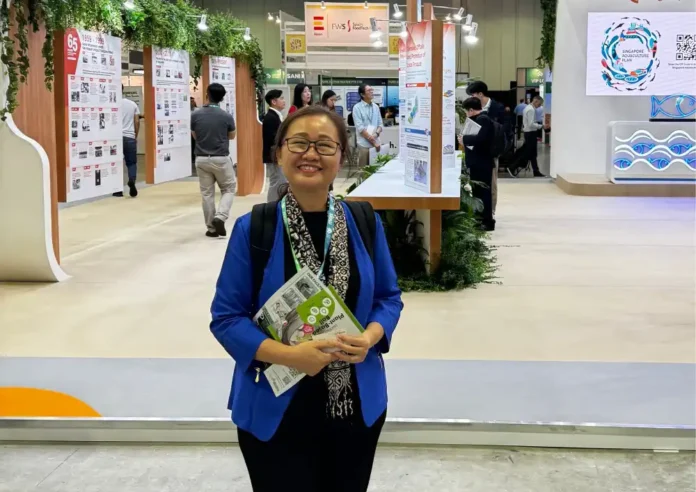For food businesses, trust is everything—but it’s also fragile. A single food safety mistake can ripple across supply chains, erode consumer confidence, and cost companies their place in the market. Many startups and SMEs still view food safety as just another regulatory hurdle, but in reality, it’s a powerful business enabler. Companies that prioritize safety...
RELATED ARTICLES
© NewInAsia.com 2025








